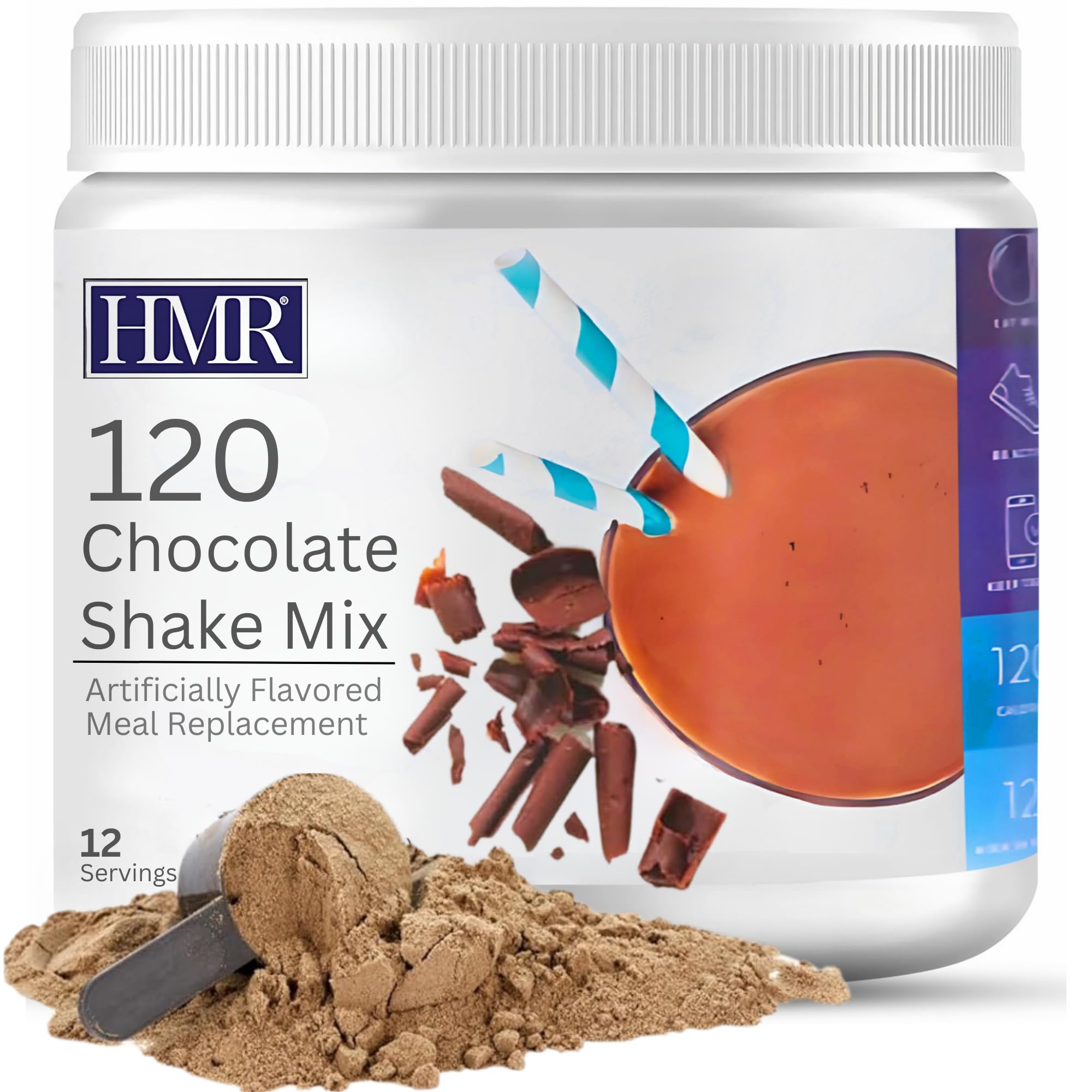
Best 5 GERD Diet Plans to Improve Digestive Health in 2025
Gastroesophageal reflux disease (GERD) affects millions worldwide, making effective dietary management crucial for symptom relief and improved digestive health. Finding the right GERD diet can ease symptoms and promote overall well-being. In this article, we explore the best five GERD meal plans targeting acid reflux symptoms for 2025. Each plan incorporates low acid foods, healthy eating habits, and practical meal ideas to enhance your gut health while managing GERD effectively.
Understanding the GERD Diet
The foundation of a successful GERD diet lies in understanding the foods that either trigger or soothe symptoms. Avoiding high-fat, acidic, or spicy foods while focusing on a balanced intake of GERD-friendly recipes is essential for achieving GERD symptoms relief. According to experts, developing a personalized reflux diet tailored to individual responses can significantly impact health outcomes.
Identifying Trigger Foods
Not all foods affect everyone with GERD the same way. Keeping a food diary can help identify personal GERD triggers. Common offenders include fatty foods, citrus fruits, chocolate, caffeine, and carbonated beverages. By tracking these, individuals can make necessary dietary adjustments, enhancing their control over GERD management. For instance, switching from coffee to herbal teas can be a favorable change.
Incorporating Low Acid Foods
Low acid foods play a pivotal role in a successful acid reflux diet. Options like oatmeal, bananas, ginger, and lean proteins are gentle on the stomach while providing essential nutrients. Prioritizing these foods not only reduces discomfort but also promotes a feeling of fullness, which is beneficial for healthy eating for GERD. When planning meals, mix these gentle ingredients with proper portion sizes to prevent overeating.
Five Sample GERD Diet Plans
To cater to diverse tastes and dietary needs, we present five carefully crafted GERD meal plans. These require minimal preparation and can easily fit into various lifestyles.
1. Mediterranean-Inspired Meal Plan
The Mediterranean diet emphasizes fresh fruits, vegetables, whole grains, and fish, all of which are generally GERD safe. A sample day includes:
- Breakfast: Greek yogurt with honey and a handful of nuts
- Lunch: Quinoa salad with spinach, cucumber, and grilled chicken
- Dinner: Baked salmon with steamed asparagus and brown rice
This plan highlights emulsifying healthy fats, ensuring optimal digestion while avoiding heavy, spicy foods.
2. Plant-Based GERD Diet Plan
For those interested in a more plant-based approach, consider a plan focusing on hydrating and nutritious ingredients. A sample day could be:
- Breakfast: Smoothie with spinach, banana, and oat milk
- Lunch: Hummus and veggie wrap with zucchini, bell peppers, and sprouts
- Dinner: Stir-fried tofu with broccoli and low-sodium soy sauce over rice noodles
This plan integrates high-fiber foods that promote gut health without contributing to acid production.
3. Low-Carb GERD-Friendly Meal Plan
Low-carb diets can sometimes help with reflux symptoms. A sample day would include:
- Breakfast: Scrambled eggs with spinach and a slice of whole grain toast
- Lunch: Chicken salad with avocado and mixed greens
- Dinner: Grilled shrimp with zucchini noodles and pesto sauce
This option focuses on lean protein and vegetables while restricting carbs that may promote fermentation in the digestive tract.
4. High-Fiber GERD Meal Ideas
Incorporating high-fiber foods can improve digestive health and reduce the severity of GERD symptoms. An easy meal plan for one day includes:
- Breakfast: Overnight oats with chia seeds and berries
- Lunch: Lentil soup with whole-grain crackers
- Dinner: Stuffed bell peppers with quinoa and black beans
This plan ensures that the body receives sufficient dietary fiber, promoting well-being and satisfaction throughout the day.
5. Simple and Quick Meals for Busy Days
For those with limited time, crafting easy meals is vital. A day’s meal could be:
- Breakfast: Instant oatmeal with almond milk
- Lunch: Turkey sandwich on whole grain bread with lettuce
- Dinner: Stir-fried vegetables with brown rice and grilled chicken
These meals can be prepared in under 30 minutes while avoiding harsh ingredients that could trigger symptoms.
Adopting Lifestyle Changes for GERD Management
In addition to diet, various lifestyle changes can effectively reduce GERD symptoms. Simple adjustments, such as eating smaller meals throughout the day, can prevent overloading the stomach.
Mindful Eating Practices
Practicing mindful eating encourages focus during meals. Slow down while eating to appreciate flavors without overwhelming your digestive system. Engaging in a calm, stress-free environment further enhances this practice. Today’s busy lifestyles often promote distractions during meals, but applying mindful practices can improve your digestive experience and promote healing.
Understanding Meal Timing for GERD
Proper meal timing for GERD involves eating your last meal at least three hours before bedtime. This allows adequate digestive time, significantly lowering the likelihood of nighttime GERD symptoms. Furthermore, creating a consistent eating schedule can help regulate digestive health.
Conclusion
Implementing a well-planned GERD diet alongside thoughtful lifestyle changes can substantially improve digestive well-being in 2025. Focusing on healthy eating for GERD, understanding individual triggers, and developing meal plans based on personal preferences is vital for managing this chronic condition. Explore the meal plans provided and find the best path toward relief and nutritional balance in your life.
Key Takeaways
- Identify and avoid your personal GERD triggers by keeping a food diary.
- Incorporate low acid foods into your diet for symptom relief.
- Plan your meals to include a mixture of nutrient-dense foods while watching portion sizes.
- Practice mindful eating and create consistent meal timings that work for your lifestyle.
FAQ
1. What are the best ingredients for a GERD-friendly diet?
The best ingredients include low acid fruits like bananas and melons, lean proteins such as chicken and fish, whole grains, and plenty of non-citrus vegetables. Incorporating these foods helps in avoiding trigger foods while promoting better digestive health.
2. Can drinking certain beverages help with GERD symptoms?
Yes, drinking herbal teas like ginger or chamomile can provide soothing benefits. Staying hydrated through non-caffeinated and low-sugar beverages aids in maintaining proper hydration status, important for GERD management.
3. Are there any specific cooking methods recommended for GERD?
Cooking methods that reduce fat content, such as steaming, baking, or grilling without oils, are favorable for GERD. These methods maintain nutrient value while ensuring the meals are easy on your stomach.
4. Can exercise impact GERD symptoms?
Gentle exercise promotes digestion and overall health, contributing positively to GERD management. However, avoid rigorous activities immediately after meals to minimize the risk of reflux.
5. How important is tracking symptoms in managing GERD?
Tracking symptoms helps in understanding personal triggers and adjusting diets accordingly. This practice is essential for deriving long-term improvements in managing GERD symptoms.

